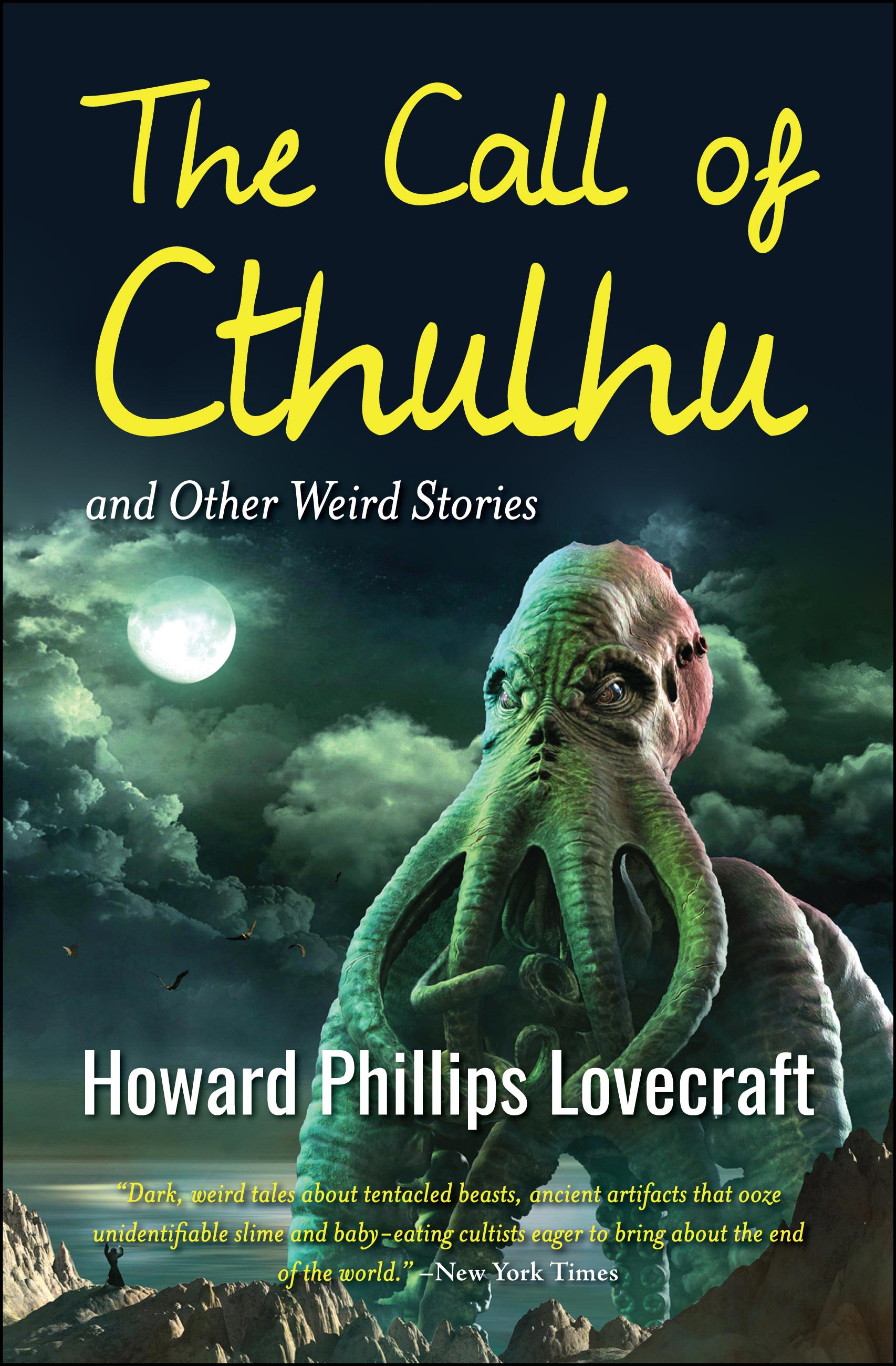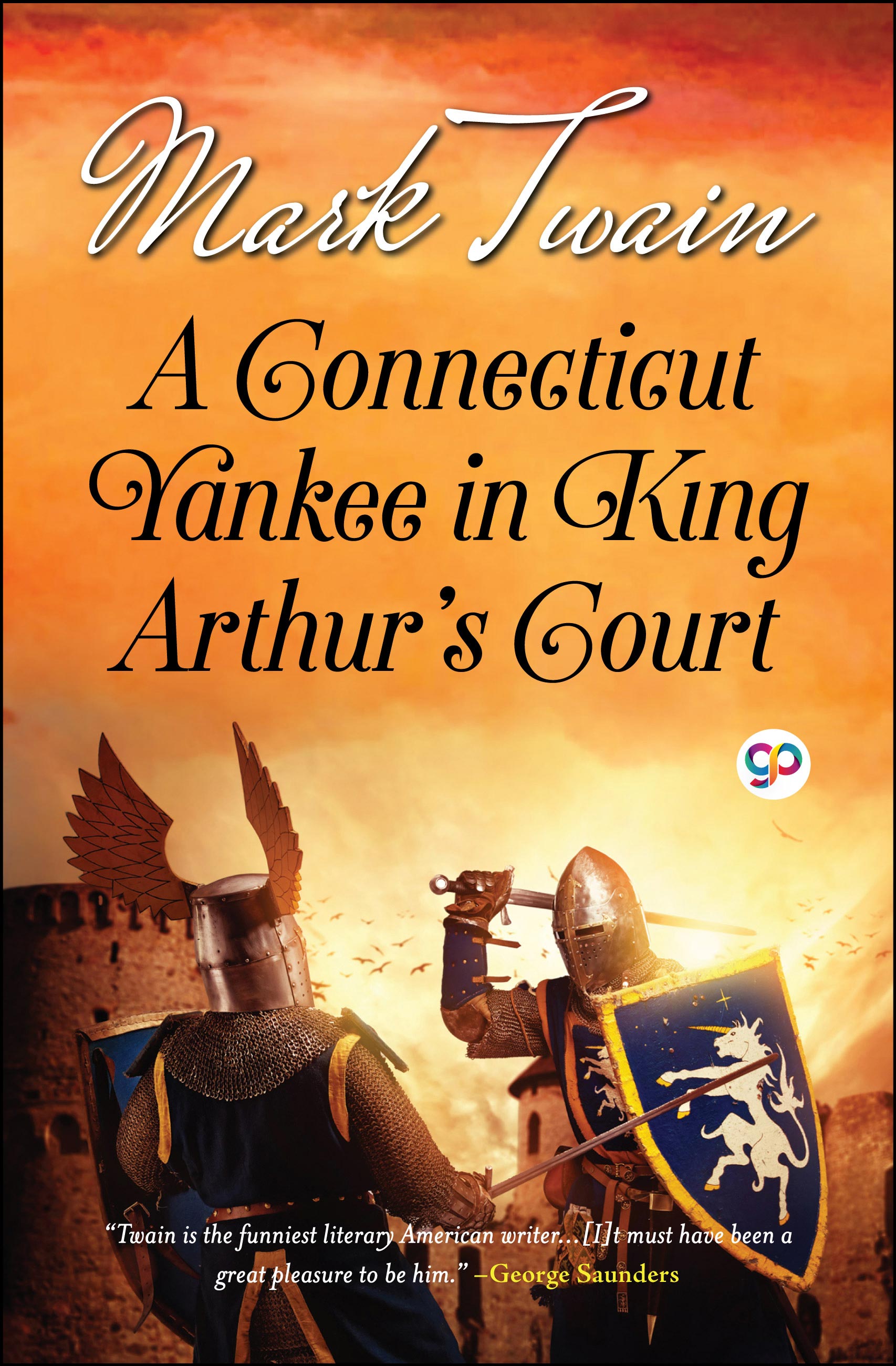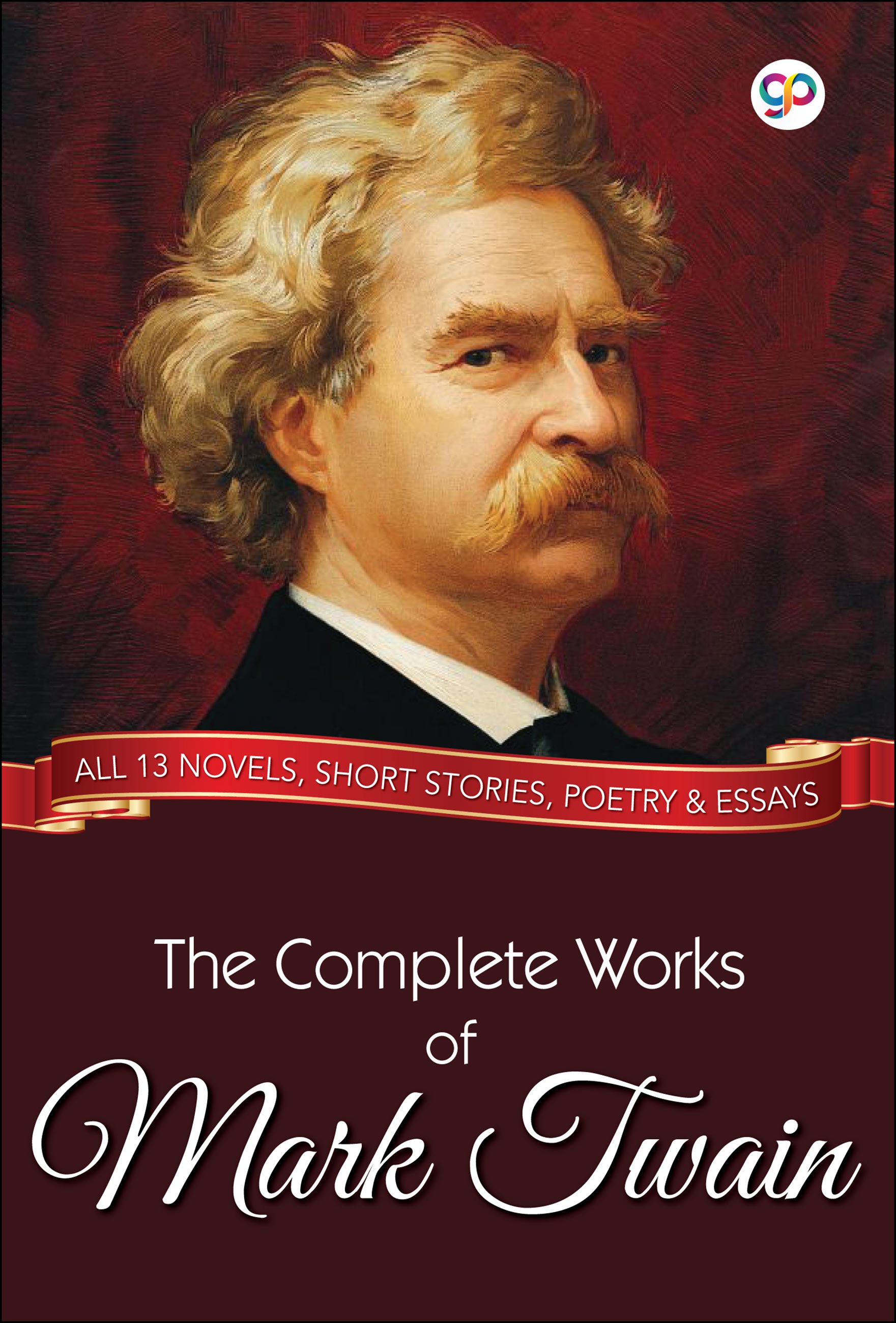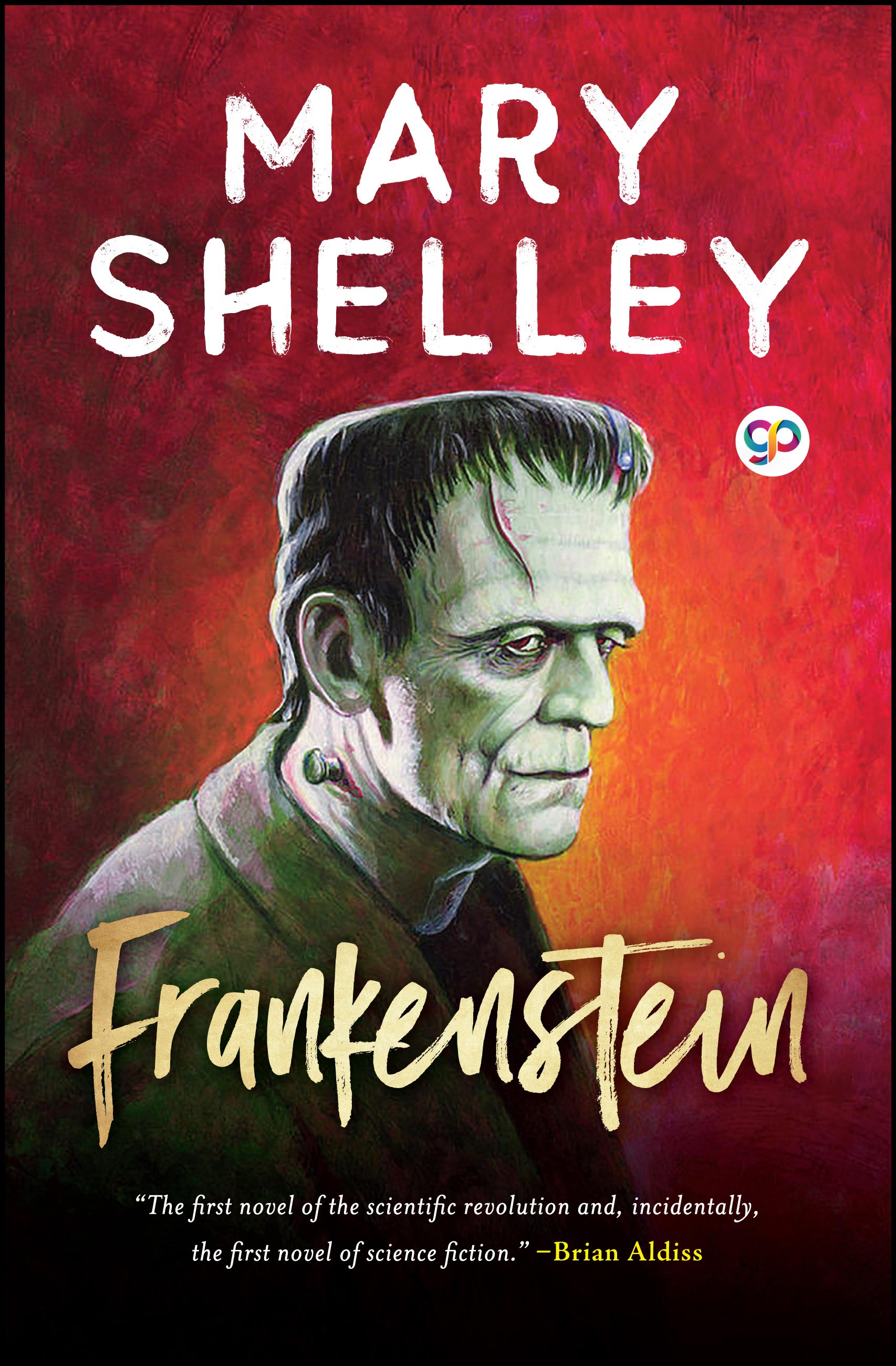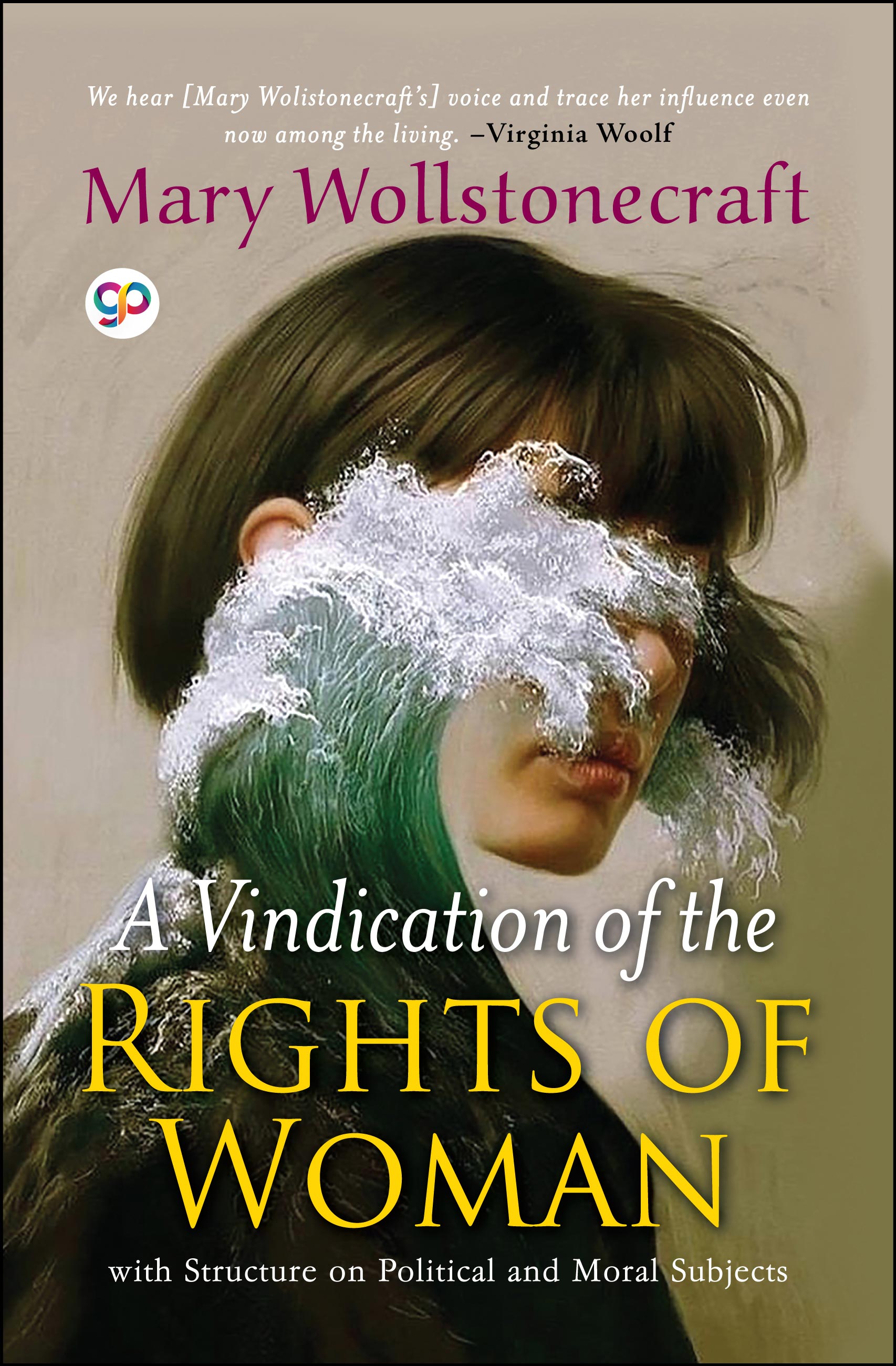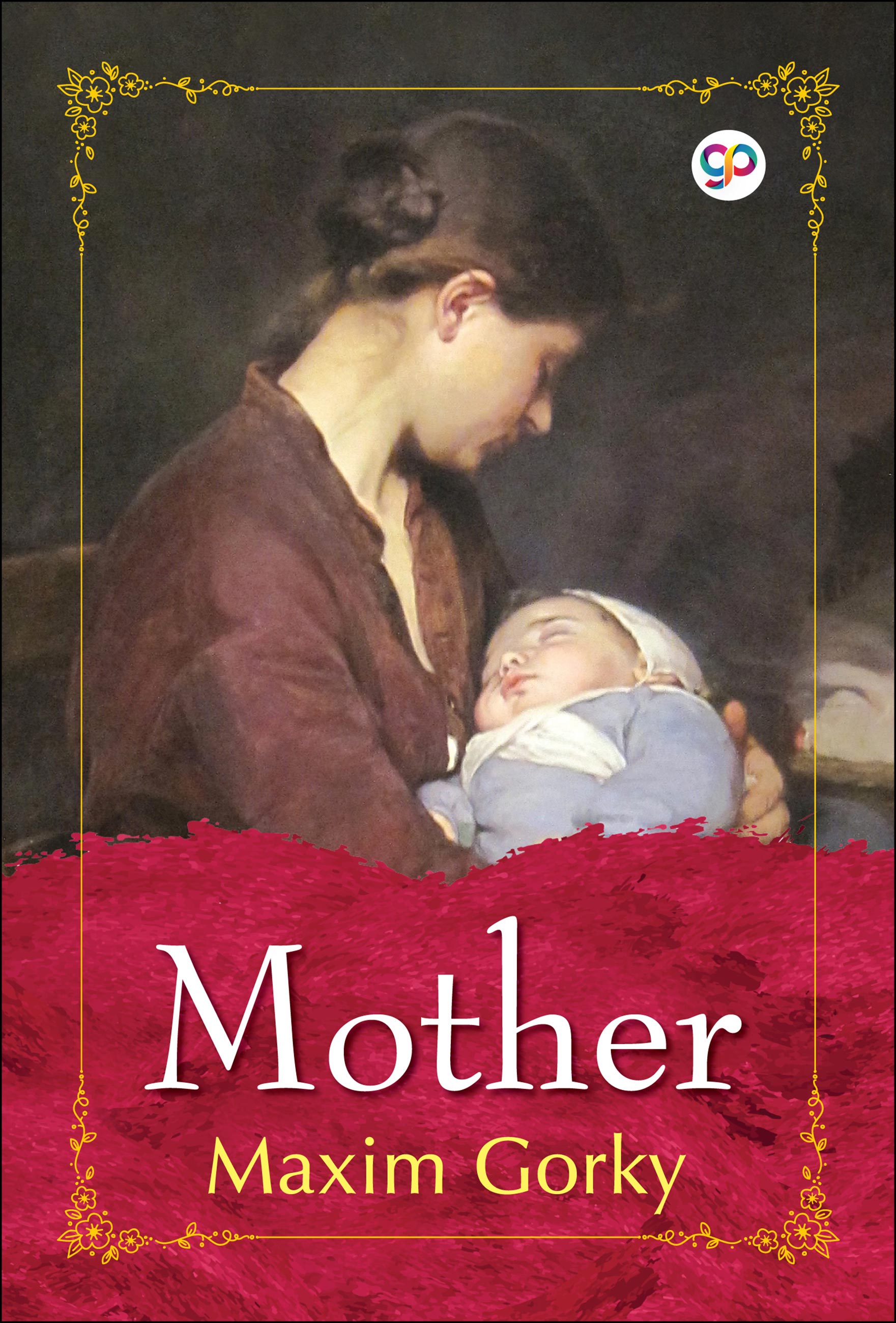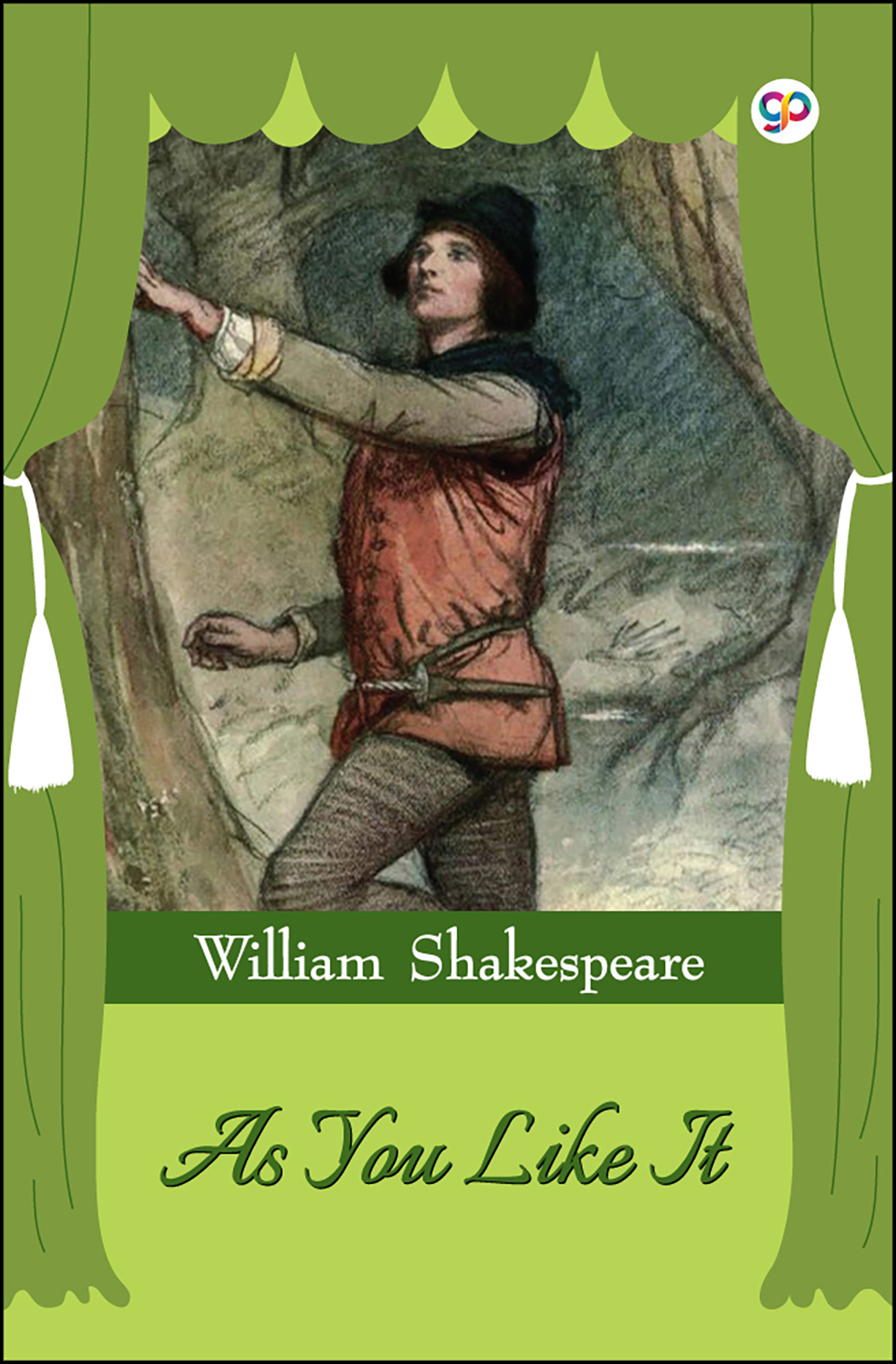
As You Like It (Hardcover)
First published in the First Folio in 1623, ‘As You Like It’ is a pastoral comedy by William Shakespeare, an English playwright, poet, and actor. It is the story of a Duke, who is unjustly ousted by his younger brother Frederick, and flees to the Forest of Arden. The Duke’s daughter, Rosalind, remains behind at the court. When it is discovered that Orlando, the youngest son of the deceased Sir Rowland de Boys, has fallen in love with her, Orlando is forced to flee. Rosalind follows after him, with her cousin Celia, to the Forest of Arden where he has gone to join the deposed Duke. In order to avoid detection, the two disguise their appearance, Rosalind as a young man, and Cecilia as a poor woman. In the forest, they meet a variety of interesting characters, including most notably the melancholy Jaques, one of the deposed Duke’s noblemen, who speaks some of Shakespeare’s most striking lines.
BEST SELLERS
About the Author
William Shakespeare (baptised 26 April 1564) was an English poet and playwright, widely regarded as the greatest writer in the English language and the world's pre-eminent dramatist. He is often called England's national poet and the 'Bard of Avon' (or simply "The Bard"). His surviving works consist of 37 plays, 154 sonnets, two long narrative poems, and several other poems. His plays have been translated into every major living language. Shakespeare was born and raised in Stratford-upon-Avon. Scholars believe that he died on his fifty-second birthday, coinciding with St George’s Day. At the age of 18 he married Anne Hathaway, who bore him three children: Susanna, twins Hamnet and Judith. Between 1585 and 1592 he began a successful career in London as an actor, writer, and part owner of the playing company the Lord Chamberlain's Men, later known as the King's Men. He appears to have retired to Stratford around 1613, where he died three years later. Shakespeare produced most of his known work between 1590 and 1613. His early plays were mainly comedies and histories, genres he raised to the peak of sophistication and artistry by the end of the sixteenth century. Next he wrote mainly tragedies until about 1608. He was a respected poet and playwright in his own day, but his reputation did not rise to its present heights until the nineteenth century. The Romantics, in particular, acclaimed Shakespeare's genius, and the Victorians hero-worshipped Shakespeare. In the twentieth century, his work was repeatedly adopted and rediscovered by new movements in scholarship and performance. His plays remain highly popular today and are consistently performed and reinterpreted in diverse cultural and political contexts throughout the world.

